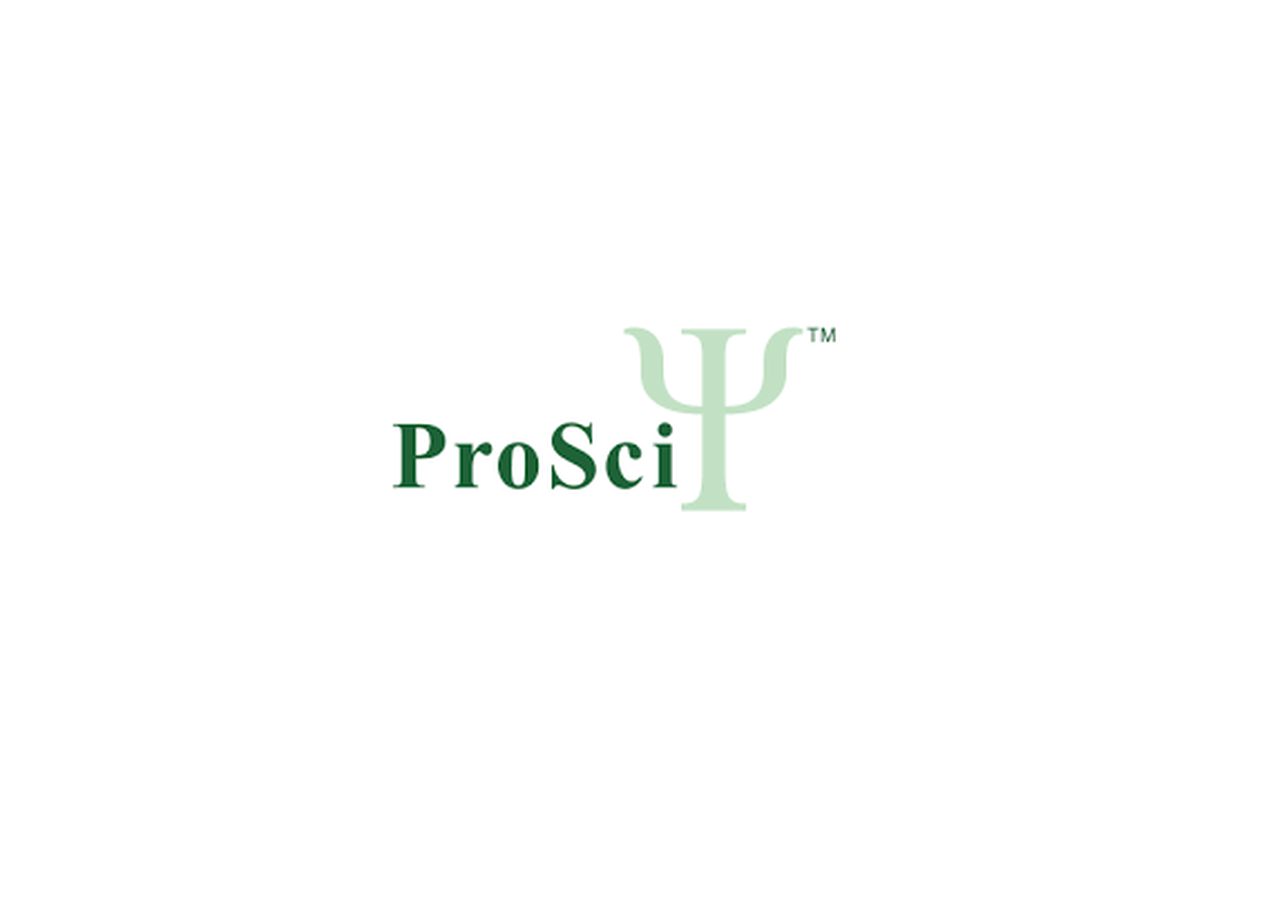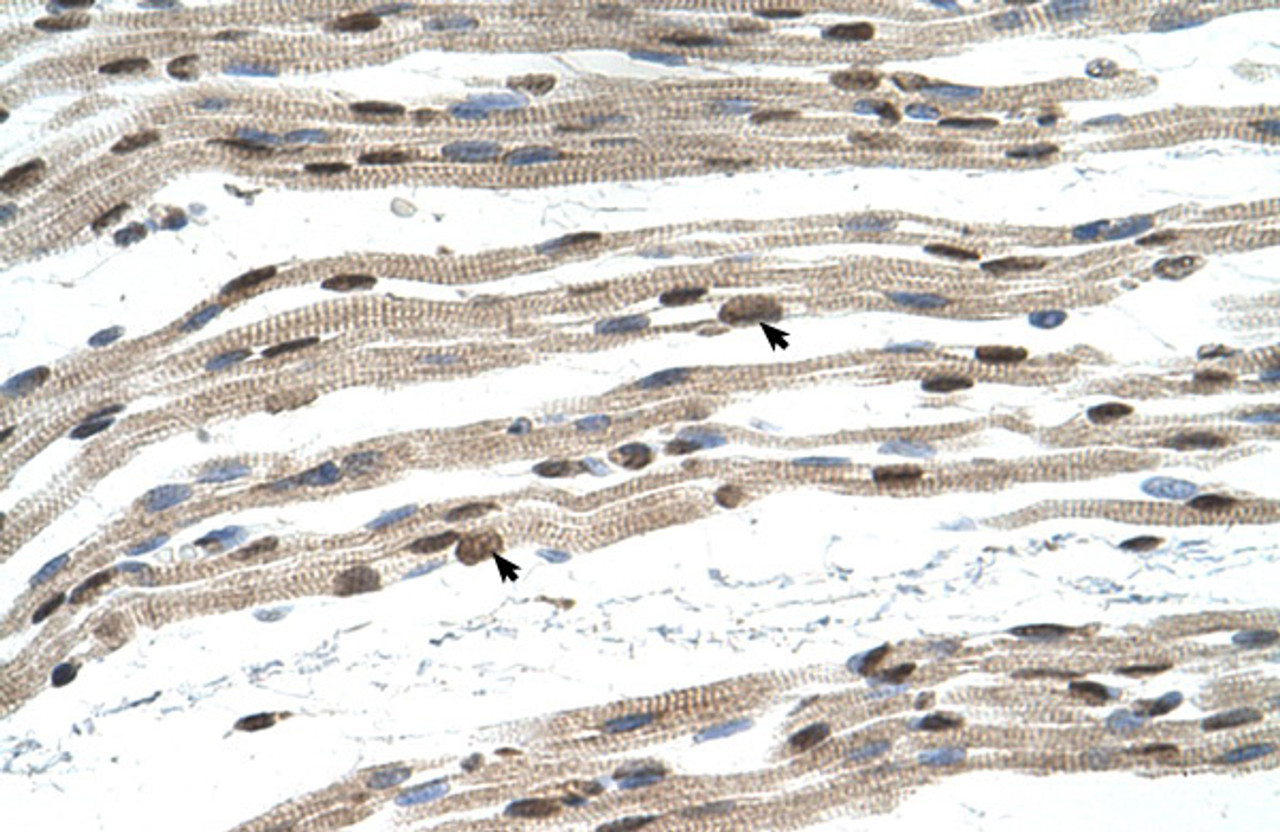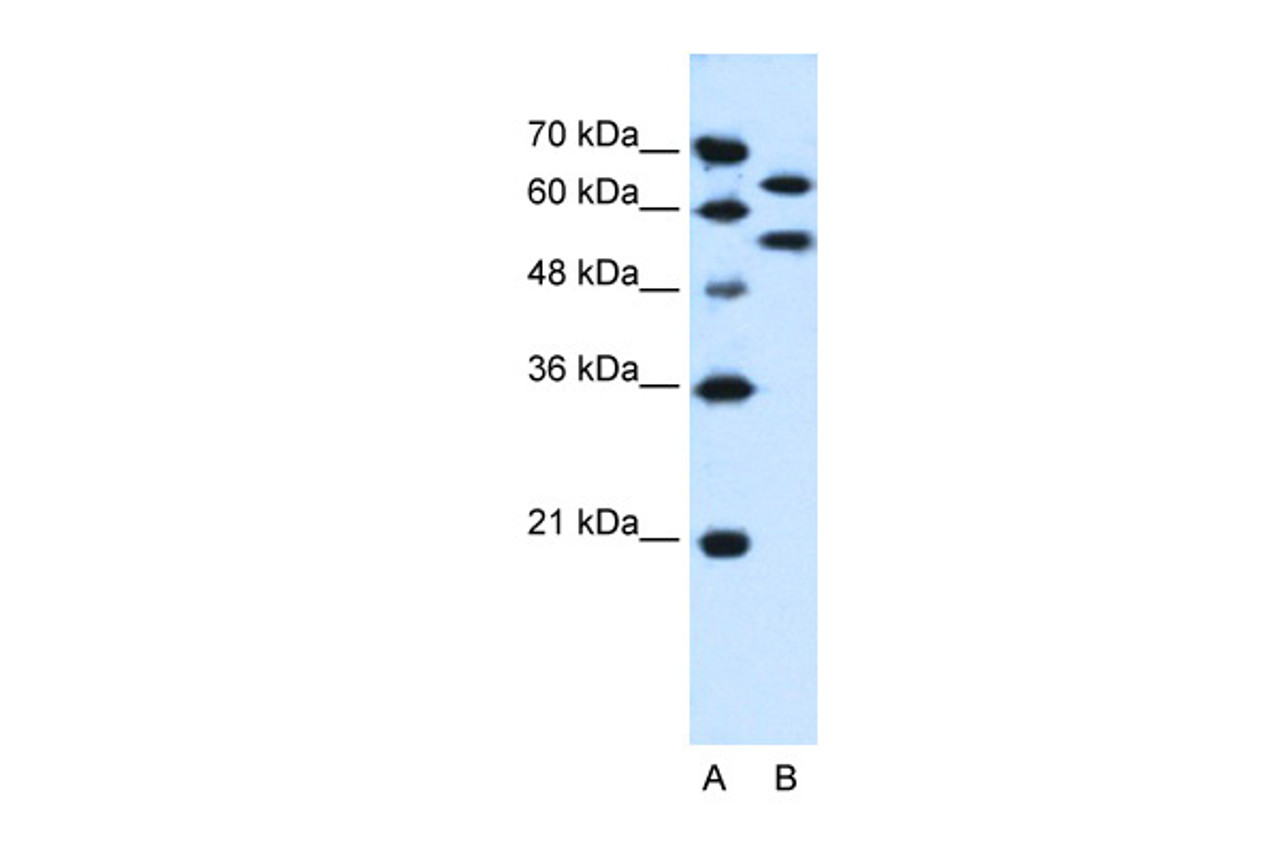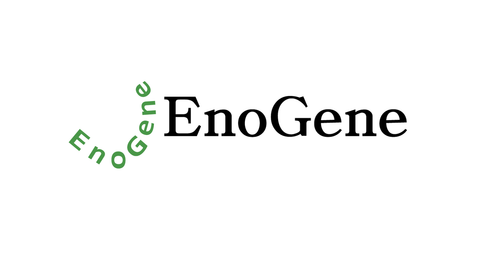Product Description
SIL1 Antibody | 31-363 | ProSci
Host: Rabbit
Reactivity: Human
Homology: N/A
Immunogen: Antibody produced in rabbits immunized with a synthetic peptide corresponding a region of human SIL1.
Research Area: Membrane
Tested Application: E, WB, IHC
Application: SIL1 antibody can be used for detection of SIL1 by ELISA at 1:62500. SIL1 antibody can be used for detection of SIL1 by western blot at 0.25 μg/mL, and HRP conjugated secondary antibody should be diluted 1:50, 000 - 100, 000.
Specificiy: N/A
Positive Control 1: Cat. No. 1211 - HepG2 Cell Lysate
Positive Control 2: N/A
Positive Control 3: N/A
Positive Control 4: N/A
Positive Control 5: N/A
Positive Control 6: N/A
Molecular Weight: 49 kDa, 52 kDa
Validation: N/A
Isoform: N/A
Purification: Antibody is purified by peptide affinity chromatography method.
Clonality: Polyclonal
Clone: N/A
Isotype: N/A
Conjugate: Unconjugated
Physical State: Liquid
Buffer: Purified antibody supplied in 1x PBS buffer with 0.09% (w/v) sodium azide and 2% sucrose.
Concentration: batch dependent
Storage Condition: For short periods of storage (days) store at 4˚C. For longer periods of storage, store SIL1 antibody at -20˚C. As with any antibody avoid repeat freeze-thaw cycles.
Alternate Name: SIL1, BAP, MSS, ULG5
User Note: Optimal dilutions for each application to be determined by the researcher.
BACKGROUND: SIL1 is a resident endoplasmic reticulum (ER) , N-linked glycoprotein with an N-terminal ER targeting sequence, 2 putative N-glycosylation sites, and a C-terminal ER retention signal. This protein functions as a nucleotide exchange factor for another unfolded protein response protein. Mutations in its gene have been associated with Marinesco-Sjogren syndrome.This gene encodes a resident endoplasmic reticulum (ER) , N-linked glycoprotein with an N-terminal ER targeting sequence, 2 putative N-glycosylation sites, and a C-terminal ER retention signal. This protein functions as a nucleotide exchange factor for another unfolded protein response protein. Mutations in this gene have been associated with Marinesco-Sjogren syndrome. Alternate transcriptional splice variants have been characterized.
 Euro
Euro
 USD
USD
 British Pound
British Pound
 NULL
NULL












